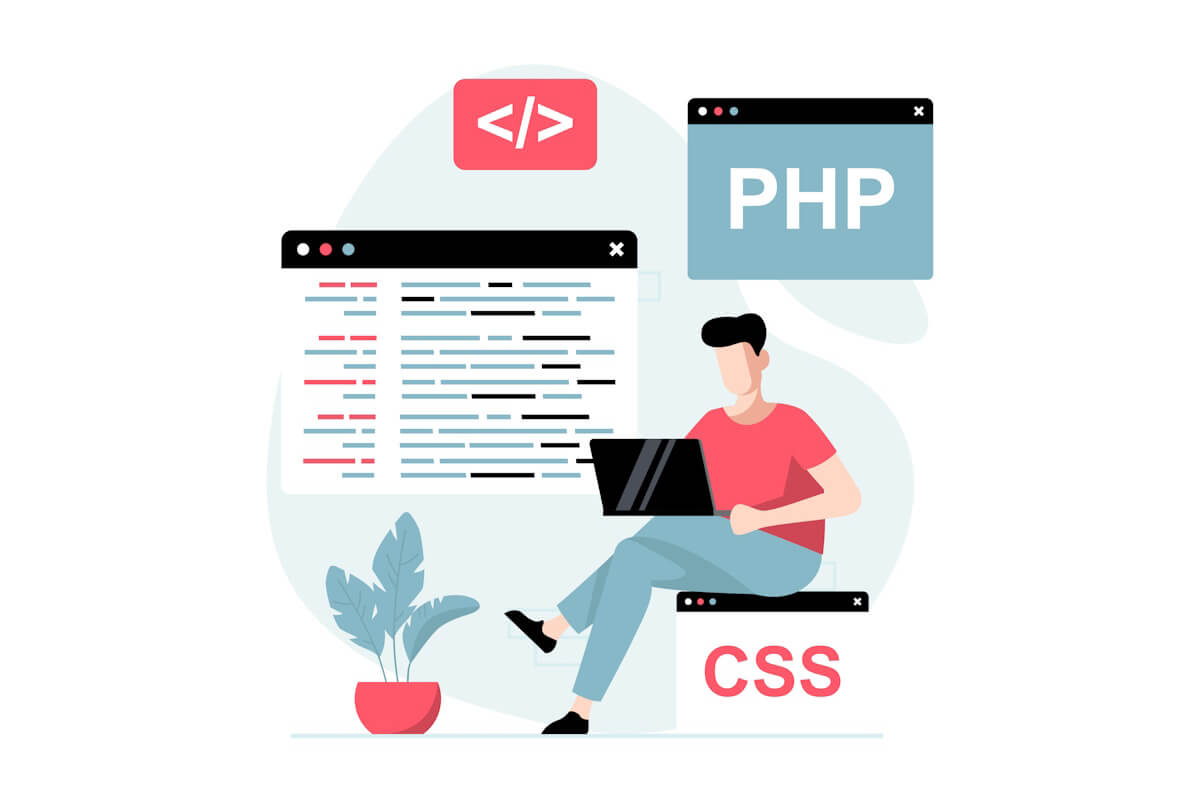In today’s rapidly evolving digital landscape, businesses are constantly looking for ways to streamline their development processes and create innovative solutions in a cost-effective manner. One way to achieve this is by integrating PHP low code platforms into their workflow. These platforms offer a simplified development environment that allows users to build applications with minimal coding required. In this handy guide, we will explore the benefits of integrating PHP low code platforms and provide tips for getting started.
What are PHP Low Code Platforms?
PHP low code platforms are tools that enable developers to create web applications quickly and efficiently by using pre-built components and drag-and-drop interfaces. These platforms abstract away much of the complexity of traditional coding, allowing users to focus on the functionality and design of their applications rather than the underlying code. By leveraging PHP low code platforms, businesses can significantly reduce development time and costs while still delivering high-quality applications.
PHP low code platforms provide a user-friendly interface that simplifies the development process. Developers can easily drag and drop components to build applications without the need for extensive coding knowledge. This not only speeds up development but also allows for rapid prototyping and iteration.
Benefits of Integrating PHP Low Code Platforms
There are several benefits to integrating PHP low code platforms into your development process:
- Increased Productivity: With PHP low code platforms, developers can build applications much faster than traditional coding methods. This allows businesses to bring new products to market more quickly and stay ahead of the competition.
- Cost-Effective Development: By reducing the amount of custom code required, PHP low code platforms can help businesses save on development costs. This makes them an attractive option for companies looking to build applications on a budget.
- Simplified Maintenance: Because PHP low code platforms use standardized components and templates, maintaining applications is much easier. Updates and changes can be made quickly and efficiently, ensuring that your applications stay up-to-date.
- Flexibility and Customization: Despite their simplified nature, PHP low code platforms still offer a high degree of flexibility and customization. Developers can easily add custom code or integrate third-party services to create unique and tailored solutions.
Integrating PHP low code platforms can lead to a more efficient development process. By streamlining the coding process and providing pre-built components, these platforms allow developers to focus on creating innovative solutions rather than getting bogged down in technical details.
Getting Started with PHP Low Code Platforms
If you’re interested in integrating PHP low code platforms into your development process, here are some tips to help you get started:
- Research Different Platforms: There are several PHP low code platforms available on the market, each with its own set of features and capabilities. Take the time to research and compare different platforms to find the one that best suits your needs.
- Start Small: When integrating a new technology into your workflow, it’s always a good idea to start small. Begin by building a simple application using the platform to get a feel for how it works and its capabilities.
- Training and Support: Most PHP low code platforms offer training resources and support to help you get up to speed quickly. Take advantage of these resources to maximize your productivity and ensure a smooth integration process.
- Collaborate with Your Team: Integration of PHP low code platforms is a team effort. Collaborate with your development team to ensure that everyone is on the same page and understands how to use the platform effectively.
By following these tips, you can successfully integrate PHP low code platforms into your workflow and start building innovative applications in no time.
Conclusion
Integrating PHP low code platforms into your development process can help streamline your workflow, reduce costs, and increase productivity. By taking the time to research different platforms, start small, and collaborate with your team, you can successfully integrate these tools into your workflow and build innovative applications with ease. So, don’t hesitate to explore the world of PHP low code platforms and see how they can benefit your business.
Ready to see how PHP low-code platforms can transform your development process? Get in touch with our team today to discuss your specific needs and explore how we can help you leverage the power of low-code development.
FAQs:
What are PHP Low Code Platforms?
PHP low code platforms are tools that enable developers to create web applications quickly and efficiently by using pre-built components and drag-and-drop interfaces. These platforms abstract away much of the complexity of traditional coding, allowing users to focus on the functionality and design of their applications rather than the underlying code. By leveraging PHP low code platforms, businesses can significantly reduce development time and costs while still delivering high-quality applications.
What are the benefits of integrating PHP Low Code Platforms?
There are several benefits to integrating PHP low code platforms into your development process:
1. Increased Productivity
2. Cost-Effective Development
3. Simplified Maintenance
4. Flexibility and Customization
How can PHP Low Code Platforms help increase productivity?
With PHP low code platforms, developers can build applications much faster than traditional coding methods. This allows businesses to bring new products to market more quickly and stay ahead of the competition.
How can businesses save on development costs by using PHP Low Code Platforms?
By reducing the amount of custom code required, PHP low code platforms can help businesses save on development costs. This makes them an attractive option for companies looking to build applications on a budget.












+ There are no comments
Add yours